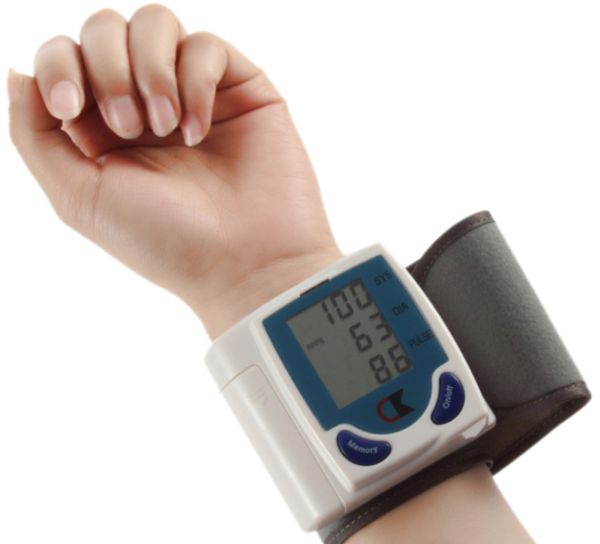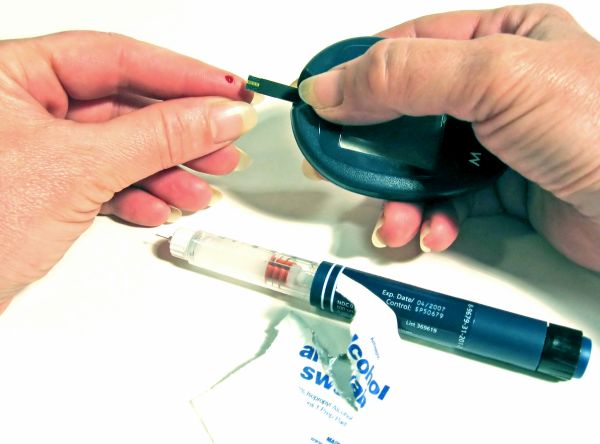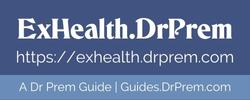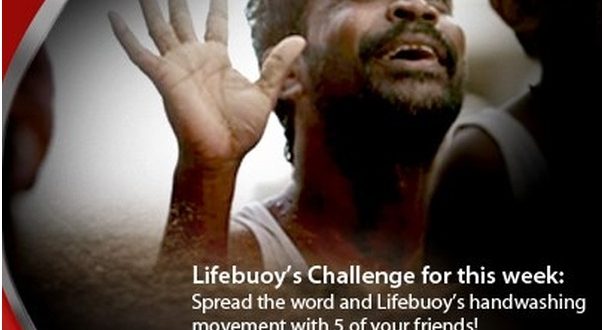Every time we fall sick, we intend to take the time off to drive over to the clinic and wait for hours on end before finally getting to speak to the doctor for five minutes. In most cases, the diagnosis would be what you had already guessed. Now all you need to do is shell out the money for the visit and come back home, feeling you would have been better off diagnosing the condition yourself.

DIY Diagnostics; the model of care everyone is opting for these days. The advent of a series of consumer based health technologies could very well make this possible. These technologies aim to educate individuals about analyzing and diagnosing their own medical conditions. They use diagnostic tools that would combine sensors, intuitive interfaces and data analytics in order to diagnose a condition and offer the best treatment options for the same. The tools would also be able to specify whether a doctor’s visit is needed for a particular ailment. PSFK Lab has been working on this technology for quite some time now and has aptly named it DIY Diagnosis.
A recent study from Bloomberg rated several countries based on their health care costs per capita as well as their efficiency. The U.S ranked second in health care costs but 46th in efficiency, a factor that clearly indicates a disproportionate and unsustainable model. As such, it is deemed essential to note where the outcome comes from, considering the fact that world we live in is moving to a patient centric society from the traditional doctor centric society.
More and more people are also showing an increasing willingness to have more control of the medical evaluation process, especially where they are concerned. A survey by the Consumer Attitudes Toward Health Care Technology indicated that more than 25% of respondents used technology and websites along with doctor visits while another 25% indicated that they preferred the former to clinical visits.

However, immediate control of individual health is something that will take some time to materialize. It would probably take another 10 years for the concept to become a reality and let patients self-diagnose their conditions via websites and appropriate technology.
As such, healthcare institutions around the world would need to buckle up and brace themselves for these patient centered medical outcomes. They should be prepared to understand the diagnostic tools/tests people would expect in the near future as well as the methods used to guide these individuals through the medical diagnosis process.
Summary
The near future will see the rise of patient centric medical outcomes, with technologies coming forward to help individual diagnose their own medical conditions. With more individuals showing interest in becoming ingrained in the medical evaluation process, it would only be a matter of time before they are able to self-diagnose their medical conditions and choose appropriate treatment options for the same.



